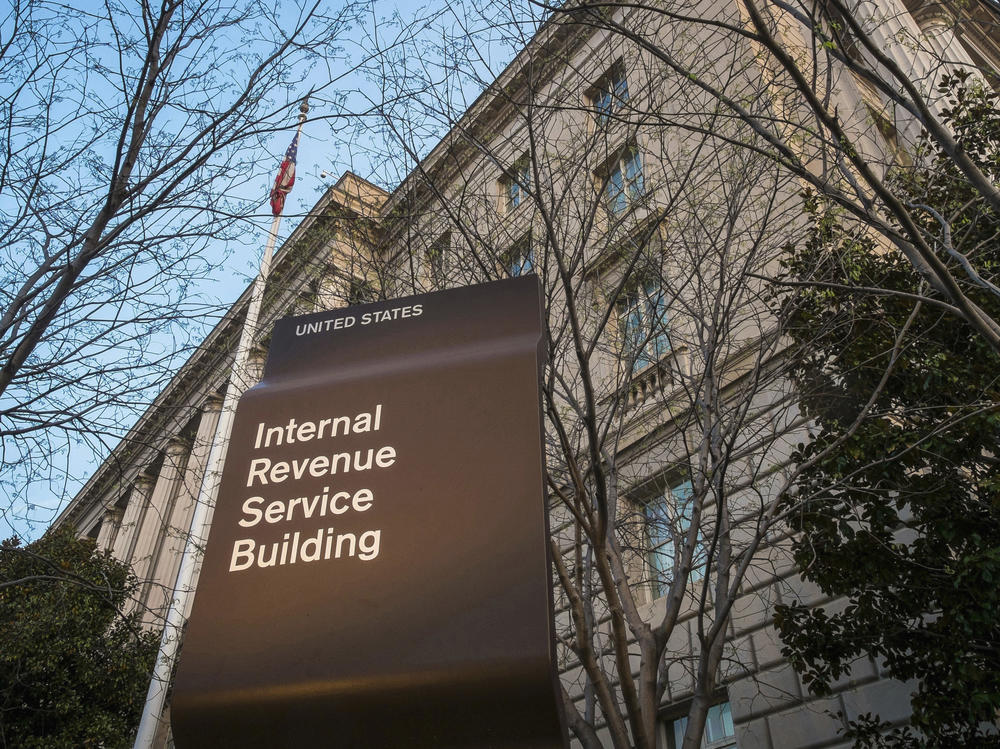Section Branding
Header Content
IRS Postpones Tax Filing Deadline To May 17
Primary Content
Updated March 17, 2021 at 3:34 PM ET
If you've been putting off filing your tax return this year, here's some good news. The IRS and Treasury Department have delayed the filing deadline by another month.
The new deadline to file will be May 17. "This continues to be a tough time for many people, and the IRS wants to continue to do everything possible to help taxpayers navigate the unusual circumstances related to the pandemic, while also working on important tax administration responsibilities," IRS Commissioner Chuck Rettig said in a statement.
Democratic leaders of the House Ways and Means Committee called the extension "absolutely necessary."
The announcement means taxpayers can also delay payment of money owed to the IRS for the 2020 tax year normally due in April to May 17. Payers that need more time to file returns can file Form 4868 to request an extension until Oct. 15, but must still pay taxes owed by May 17.
The postponement only applies to federal income returns and taxes. Due dates for the filing of state taxes may be different.
With the original April 15 deadline less than a month away, there have been numerous last-minute changes to the tax laws because of the COVID-19 relief bill that President Biden signed into law last week. One big change made the first $10,200 in unemployment insurance collected in 2020 tax-exempt for many recipients.
Last year, the filing date was pushed back to July because of the coronavirus pandemic. The IRS, which has seen its budgets cut by Congress and its staff reduced in recent years, is still processing millions of paper returns from that year.
The agency said Wednesday it has made payments from the relief bill to some 90 million Americans.
Copyright 2021 NPR. To see more, visit https://www.npr.org.
Correction
An earlier version of this story incorrectly stated that the coronavirus relief package makes the first $10,200 in unemployment insurance collected in 2019 tax-exempt for many recipients. In fact, it applies to unemployment insurance collected in 2020.

